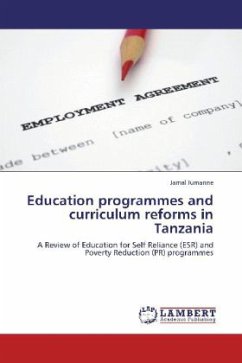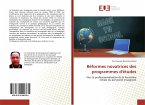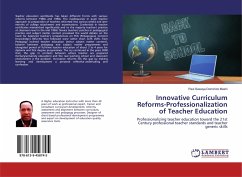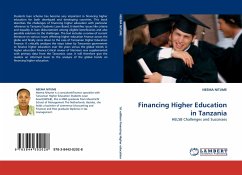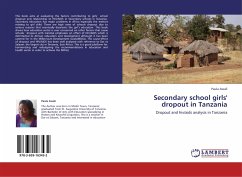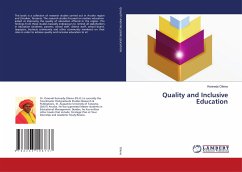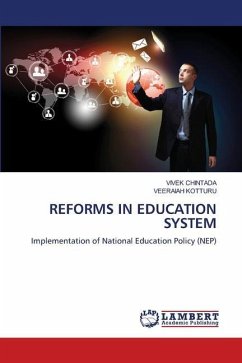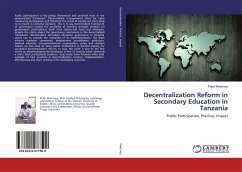A focus on curriculum issues is central to educational quality and achievement of nation s education aim. In Tanzania, curriculum reforms have gone through a series of distinct phases reflecting the dominant philosophy and education policies at that period. This work is partly a historical review of major education programmes and how they focused on curriculum improvement as requisite for education quality. Two historical phases of education as identified by Galabawa (2005); the Self Reliance (ESR) (1967 to mid 1980s) and the Poverty Reduction (PR) (MKUKUTA) (Mid 1990s to 2005) were compared. The review found that, while education programmes at PR period devoted much on quantitative expansion and input supply leaving aside curriculum and teaching component, programmes during Self Reliance to some extent focused both on access and quality through a periodical focus on curriculum reforms. Finally, the paper highlights some useful lessons that could be incorporated to improve the ongoing education programmes. The paper suggests that an effective educational intervention should address curriculum reforms, access and quality.
Bitte wählen Sie Ihr Anliegen aus.
Rechnungen
Retourenschein anfordern
Bestellstatus
Storno

